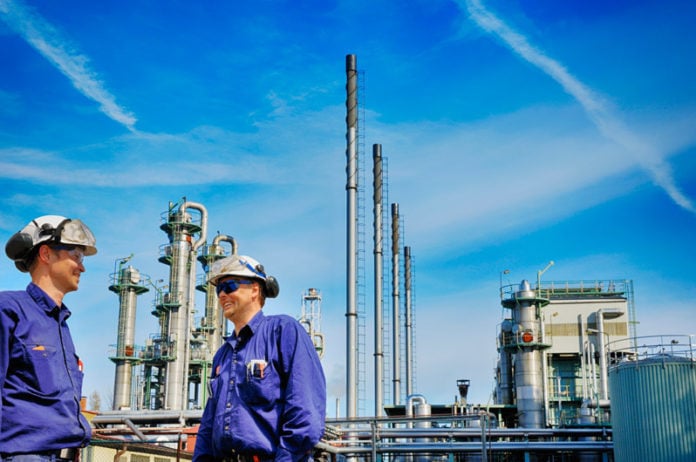Production engineering is one of the main branches of petroleum engineering.
Production engineers are involved in the life of the well from the time it is completed to the time when it gets abandoned.
They are responsible for optimizing the hydrocarbon production from the well while minimizing the costs.
Completion and drilling engineers on the other hand deal with drilling the well and preparing it for production.
Reservoir engineers build computer reservoir models for the entire oil field and use them to figure out where and how the wells should be drilled.
Read next: 10 Tips for Petroleum Engineering Students
How to Become a Production Engineer?
To work as a production engineer you will need to have a bachelor’s degree in petroleum, chemical or mechanical engineering.
After graduation, most petroleum engineers enter some type of new grad rotation program with E&P companies where they spent some time working in different areas of petroleum engineering to get experience in drilling & completions, production, and reservoir engineering.
This allows them to decide which area of petroleum engineering they enjoy the most.
Usually, the first few years are spent working in the field and after that they move into the office.
There are also new grads that start working for service companies as field engineers and later after they gain more experience they move to E&P companies.
Related: What Does Completion Engineer Do?
Main Roles and Duties of Production Engineers
- Performing Inflow Performance Relationship (IPR) analysis. This involves analyzing the relationship between the flowing pressure and production rate
- Setting up surface well production facilities
- Keeping track of the well production history
- Working with completion engineers to design completion systems and stimulation techniques to maximize the production
- Managing fluid treatment and disposal
- Performing nodal analysis to ensure the optimal design for well production equipment is used. This might involve looking at specific components of the production system to see how it can be optimized
- Following safety guidelines and ensuring that the wells are compliant with all the regulations
- Designing and optimizing artificial lift systems to increase production rates. This involves working with sucker rod pumps, gas lifts, ESPs, PCPs, and hydraulic pumps.
- Forecasting well production and performing economic analysis
- Monitoring production performance and addressing any problems when the wells are not producing as expected
- Designing workover well operations to improve production. This includes writing procedures and performing economic evaluations of the proposed operations.
- Planning Enhanced Oil Recovery (EOR) operations such as water flooding, CO2 injection, and chemical flooding.
- Production engineers also often work with reservoir engineers to build reservoir models.
Depending on whether the production engineer works in the office or in the field the type of work he will be doing can be quite different.
The field work will be more hands-on while office work might be more theoretical.
However, similar to many other petroleum engineering positions field visits are often required during important operations.
Read next: 4 Types of Petroleum Engineers
